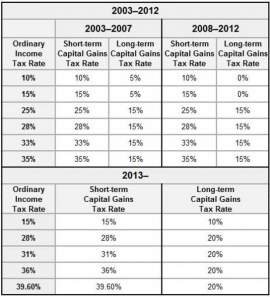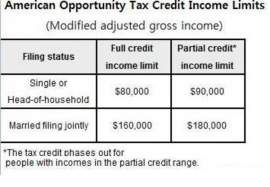
Tax Levy

A tax levy is the seizure of property in order to satisfy an overdue tax debt or missed payments. A tax levy is similar to a tax lien, however a lien is only a claim used as security while a levy physically takes the property in order to eliminate the debt.
Failure to pay taxes or settle debts with the IRS may lead to action by the IRS to take and sell your property, whether cash, real estate, or personal items. Some items that are at risk are as follows:
The IRS can seize and sell property that you own (such as your car, boat, or house), or
The IRS can use a levy to take property that is yours but is held by someone else (such as wages, retirements accounts, securities, or bank accounts).
A tax levy is usually he last resort the IRS will take. The following are the steps the IRS will take before attaching a tax levy to your property:
The IRS will send a Notice and Demand for Payment
The taxpayer does not pay or respond within a reasonable time.
The IRS issues a Final Notice of Intent to Levy and Notice of Your Right to A Hearing (levy notice) at least 30 days before the levy. This notice may be provided in person, sent certified mail, or provided in a legal notice if you are unavailable for contact.
At any time, you may request that the IRS reviews you case or have a Collection Due Process hearing with the IRS Appeals Office. File this request within 30 days of receipt of a notice and demand for payment or final notice. A request for review or an appeal should be made if you meet the following situations:
You are up to date on all tax payments.
You are in bankruptcy, which allows a stay on tax levies from the IRS.
The IRS incorrectly believes you owe taxes.
The IRS has not met the statute of limitations in seeking unpaid taxes.
You want to work out a debt settlement with the IRS
Once a tax levy is made on your wages, salary, or federal payments, the only way to eliminate the levy is when:
The IRS voluntarily releases the levy.
You become up to date on your tax debts.
The statute of limitation expires for the time to collect your tax debt.
If you are facing a tax levy and cannot afford to pay your taxes, you should consult with a tax lawyer to ensure that your rights are protected. Hiding property from a potential tax levy can result in criminal charges, so it is important that you act within the law when facing a tax levy.



















